Empowering Educators for a Sustainable Future: Highlights from the Gauteng Teachers Water and Sanitation Workshop
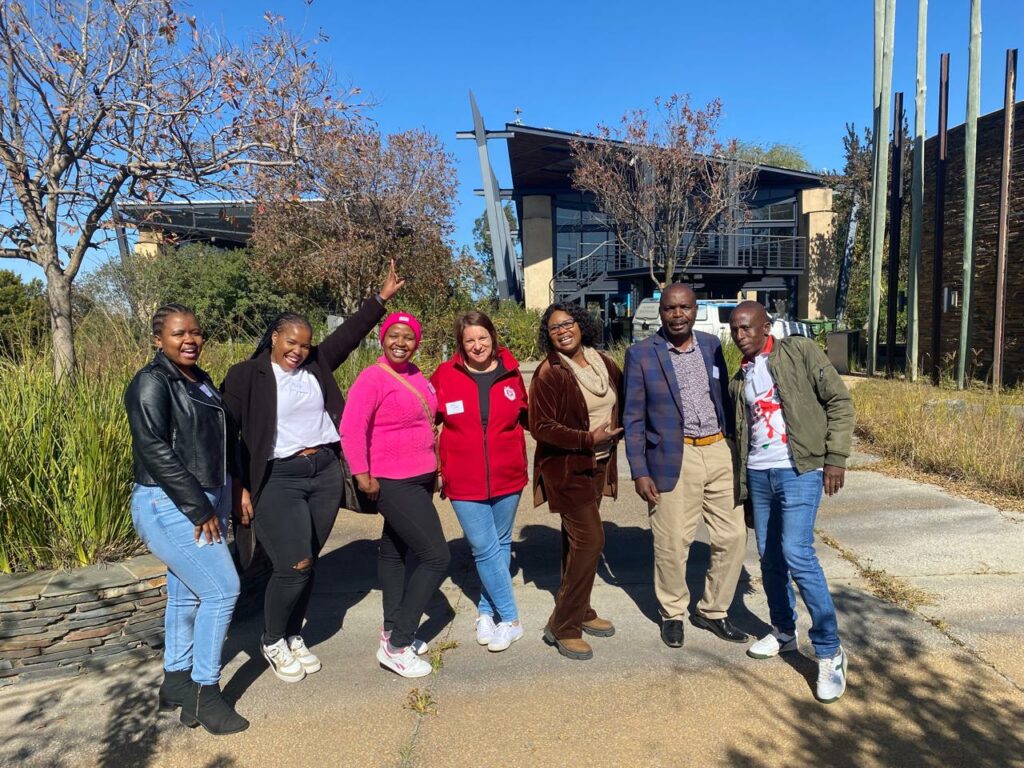
On a vibrant day in Gauteng, educators from across the province gathered for a transformative Sustainable Schools workshop centered on the theme of Water and Sanitation. Hosted in collaboration with Rand Water, the event provided a dynamic platform for teachers to deepen their understanding of water conservation and explore innovative water-saving strategies to integrate inside and outside their classrooms.
The workshop commenced with an engaging “Connect to Content” session, where teachers shared personal reflections on water-saving practices and childhood outdoor activities. This interactive icebreaker not only fostered a sense of community but also highlighted the diverse experiences and insights each educator brought to the table.
A highlight of the day was the informative and insightful presentation on water-saving strategies for indigenous and food gardens. Building on these insights, teachers were divided into two groups for a hands-on session focused on designing water-wise gardens. One group designed a water-saving indigenous garden, while the other focused on creating a water-efficient food garden.
Each team then presented their garden designs. The food garden team incorporated features such as rain-harvesting gutters leading to a JoJo tank, composting, mulching, permeable paths, soil resting, and companion planting to maximize water conservation. The indigenous garden team included elements like herbs, a water trench leading to a wetland, a JoJo rainwater tank, and indigenous plants such as aloe, spekboom, acacia trees, and other succulents. Their design also featured wood stumps as walking paths, permeable pathways, wild onions, and nut shells to protect the soil from erosion.
The activity concluded with a collaborative discussion on how schools can integrate their gardens by combining indigenous plants with edible crops. This emphasized the potential for water conservation and sustainable food production through thoughtful garden design and environmental stewardship.
Rand Water, South Africa’s leading water utility session delved into the origins of Johannesburg’s water supply, practical methods for detecting and fixing leaks—such as using tissue or food dye in toilets—and simple yet effective water-saving techniques like placing a filled 2L bottle in the toilet cistern. The presentation also addressed the critical topic of sanitation, illustrating how germs spread and emphasizing the importance of hygiene. Teachers were provided with educational materials, including posters and resources from Rand Water’s Sustainability Schools programme, equipping them with tools to enhance water literacy among their students.
The Water and Sanitation Workshop equipped educators with practical strategies to drive real change in their schools and communities. With a clear focus on action, participants left ready to implement water-wise gardening techniques, promote sustainable food production, and lead by example in environmental stewardship. By taking what they’ve learned and putting it into practice, these teachers are set to transform their schools into models of conservation—proving that small, intentional actions can lead to big, lasting impact.



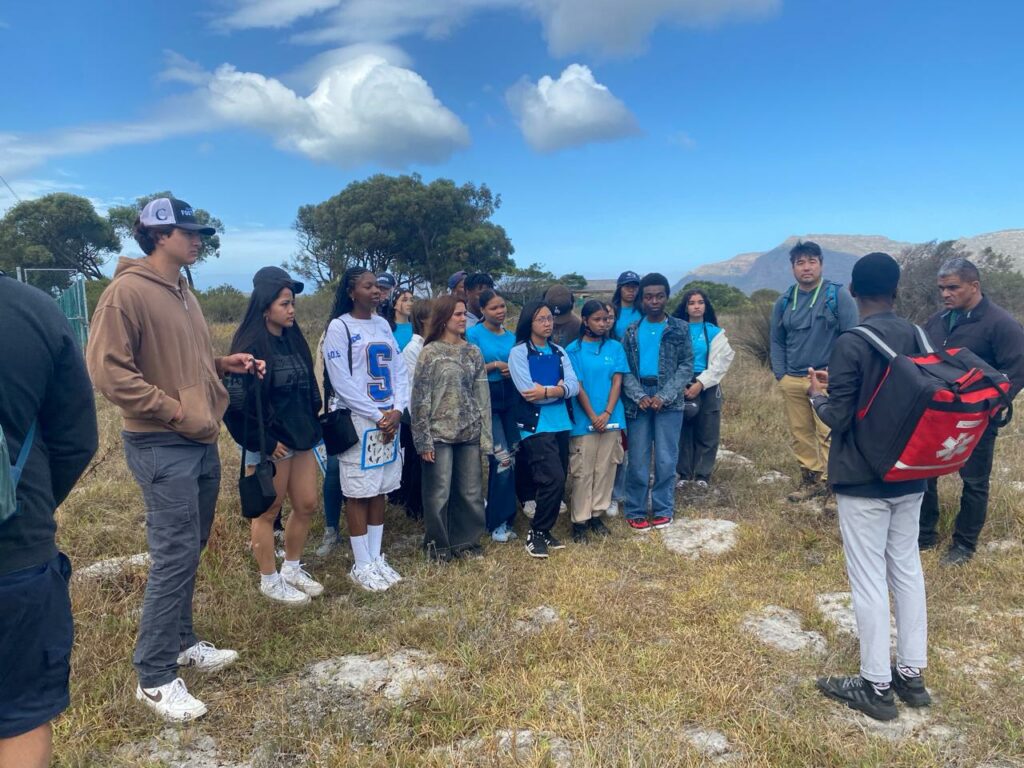
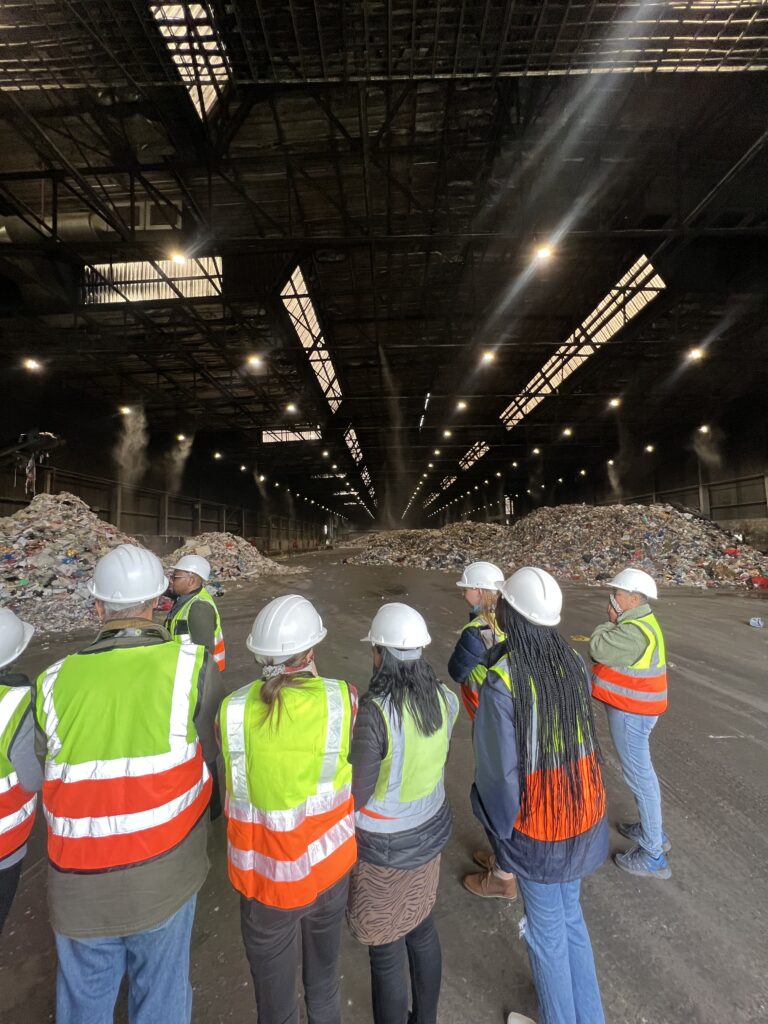
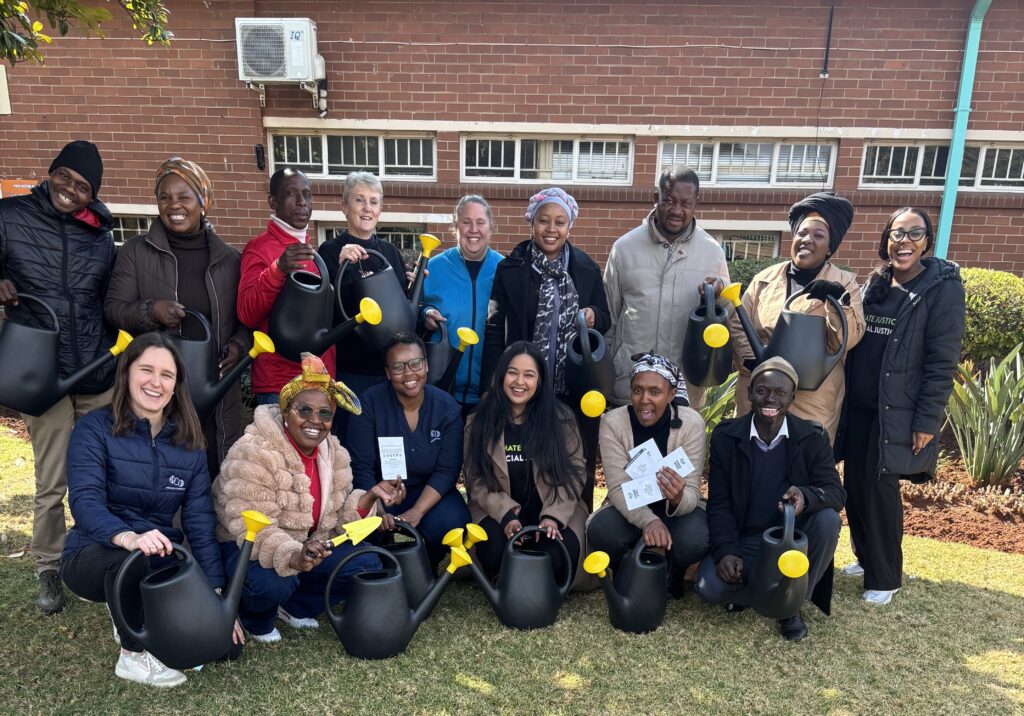

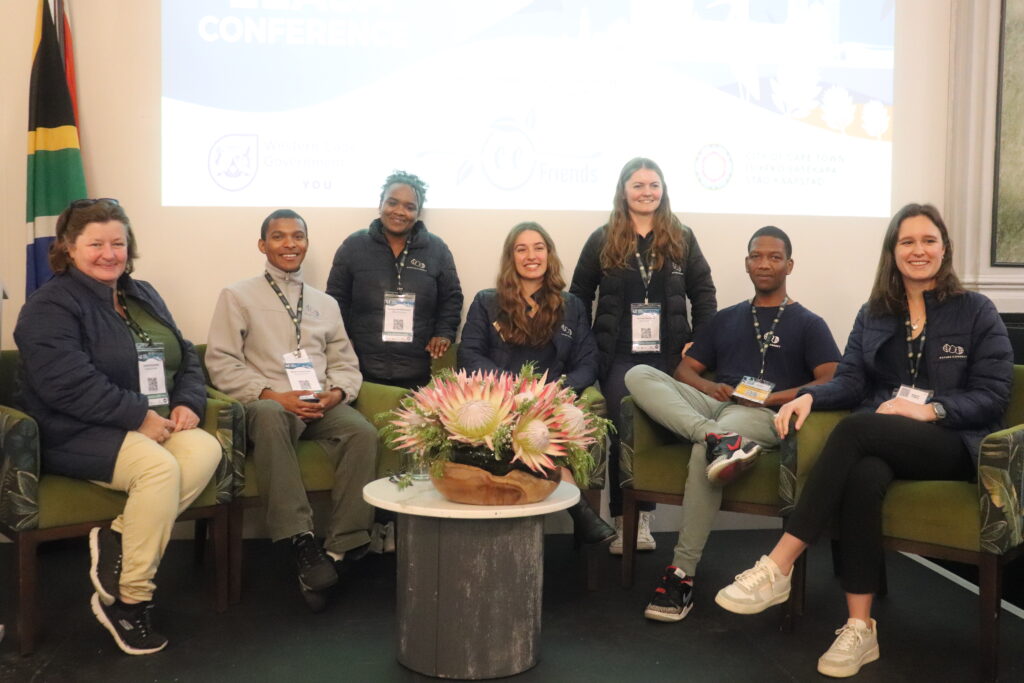
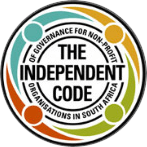
Responses